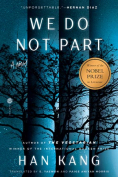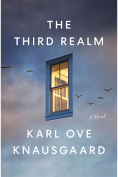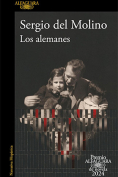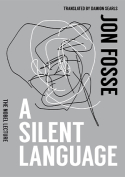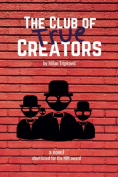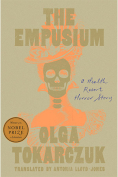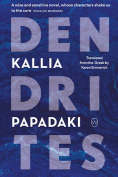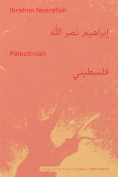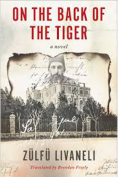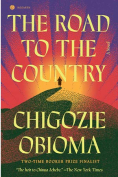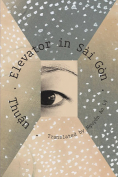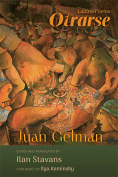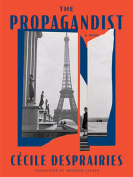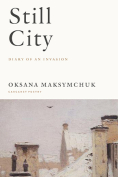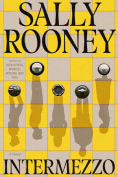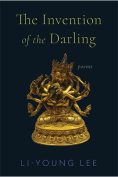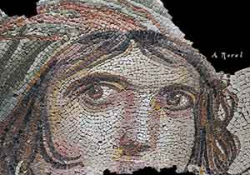On the Back of the Tiger: A Novel by Zülfü Livaneli
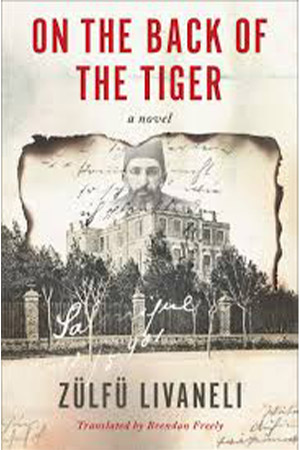 New York. Other Press. 2024. 352 pages.
New York. Other Press. 2024. 352 pages.
In the antiquated European tradition of Orientalist painting, the depiction of a sultan with a chained, dead, or sleeping tiger is a recurring symbol for the animal nature of Eastern exoticism, in which man and beast stand together, aloof, somnolent, seemingly transfixed within the aura of abstract geometries that elaborate the art and architecture of their palatial domestication. Appearing in the same era as that of the infamous reign of Abdul Hamid II from 1876 to 1909, Jean-Joseph-Benjamin Constant’s painting The Sultan’s Tiger is perhaps the best example of the subgenre whose adherents include Austrian artist Rudolf Ernst. The painting is based on a poem by Victor Hugo, “The Pasha’s Grief” (1827), in which the fictional, turbaned emperor bemoans the death of his big cat pet to the extent that he loses interest in managing his imperial domain.
On the Back of the Tiger—Zülfü Livaneli’s latest entry along his sizable shelf of novels to appear in English, translated with professional detachment by Brendan Freely—is the pictorial and thematic equivalent of The Sultan’s Tiger. Freely seems to have done all that he could to buoy the mostly sterile, inexpressively complacent prose-writing that the aging protest singer and leftist politician cum celebrity author drummed up with amateurish naïveté. His weak plotting and exaggerated characterization of Sultan Abdul Hamid II as a subject of revisionist sympathy reflects his own overpolished image as a public figure dabbling in Turkey’s current Orientalist trend, exacting a kind of postmodern, cultural self-exploitation.
Novelizing the exile of Sultan Abdul Hamid II in Thessaloniki while the Young Turk Revolution claimed the imperial Ottoman capital of Istanbul to reinstate nascent republican ideals that later blossomed into modern Turkey’s parliamentary government, Livaneli exercises a vainglorious vision of psychological interiority in fiction. The core conceit of the book is a tall order for a man whose approach to drama is a garish old crooner’s stagecraft, his storytelling on the page impaired by the superficialities of its ahistorical narration.
The book begins with a run-on sentence concluding with a repetitive, quizzical non sequitur: “The moment I was born, he thinks, they placed me on the back of a tiger, this is the fate of princes, to grow up on the back of a tiger; a show of strength sufficient to dazzle everyone, the sense of dominating a creature as magnificent as a tiger, feeling the tense spasms of the predator’s steely back muscles between your legs, the satisfaction of mastering a cruel-eyed killing machine that everyone fears, privilege, superiority, being seen as a god, but also fear.” What follows is a meek backtracking of that very self-contradictory statement, as the character of Abdul Hamid II is more like a cow than a tiger, relishing in emphysema-inducing tobacco while turning his stomach over indigestible smatterings of yogurt and zucchini, the only thing the Sick Old Man of Europe can hold down while the fort is being swept from under his feet like the fake magic carpet he’d ridden into a three-plus-year banishment in the old Greek port town of Thessaloniki, sister city of Istanbul since ancient times.
On the Back of the Tiger would have achieved literary splendor if it were to commit to the style of hysterical realism in the vein of Zadie Smith or Salman Rushdie to paint an impressionistic portrait of imperial paranoia, retracing the fading calligraphies of Ottoman history into an epic of psychological examination, of multilayered, transpersonal displacement. But Livaneli is not in the league of such writerly talent. Even so, he manages to pilfer a degree of narrative tension through the remembrances of Abdul Hamid’s doctor, Atıf Hüseyin Bey, intimately grappling with the undying memory of Ottoman identity in contemporary Turkish society, culture, and politics.
At times, a news-minded reader may see in Livaneli’s Abdul Hamid a lightly veiled personification of Turkey’s strongman president, Recep Tayyip Erdoğan, whose reign has been as harshly critiqued as his late Ottoman predecessor at the center of this monochrome, dilettantish novel: “The sultan was constantly restricting the press; he wouldn’t allow people he didn’t like to publish newspapers; he had writers fired, exiled, or imprisoned, but he lavished gold on newspapers like Sabah that constantly praised him. He also undermined the opposition publications by buying up the newspaper’s shares.” This passage could very well appear in reference to Erdoğan following the coup attempt of 2016, which presaged a nationwide, historic media purge unlike any in Turkey’s history since its rocky road to a multiparty, democratic republic began in 1923. The nation’s founder, Atatürk, even makes a cameo in On the Back of the Tiger, as part of an assassination plot against the sultan while under house arrest in Thessaloniki, a city largely populated by Sephardic Jews and Russian-backed Balkan rebels.
This confrontation looms in the shadows of Livaneli’s apologetic depiction of Abdul Hamid II, globally defamed as the Red Sultan for what is now referred to as the Hamidian massacres, when Anatolian Christians, mostly Armenians and Greeks, suffered acts of genocide that rolled to a full boil just before the dissolution of the Ottoman Empire at the tail end of World War I.
As a stout nationalist, albeit of a far-left secular bent, Livaneli represents a Turkish voice searching for reason in the dusty archives of state-sanctioned atrocity. On the Back of the Tiger reads like a literary pardon in memory of Abdul Hamid II, a puppet ruler whose name still stains the red crescent banner that flew before the First Crusaders and remains by the symbolic light of a lone star, higher than any other flag over the ancient metropolis of many names: Byzantium, Constantinople, Istanbul.
Livaneli, in his fraught and self-absorbed manner, overamplified to the point of piercing, unbearable feedback, is calling for a sense of right historical continuity between the world and Turkey while so much of officiated public memory is relentlessly warped and obscured by the powers that be, hanging by the thread of a single yarn, thin and fragile as a page.
Matt A. Hanson
Istanbul

